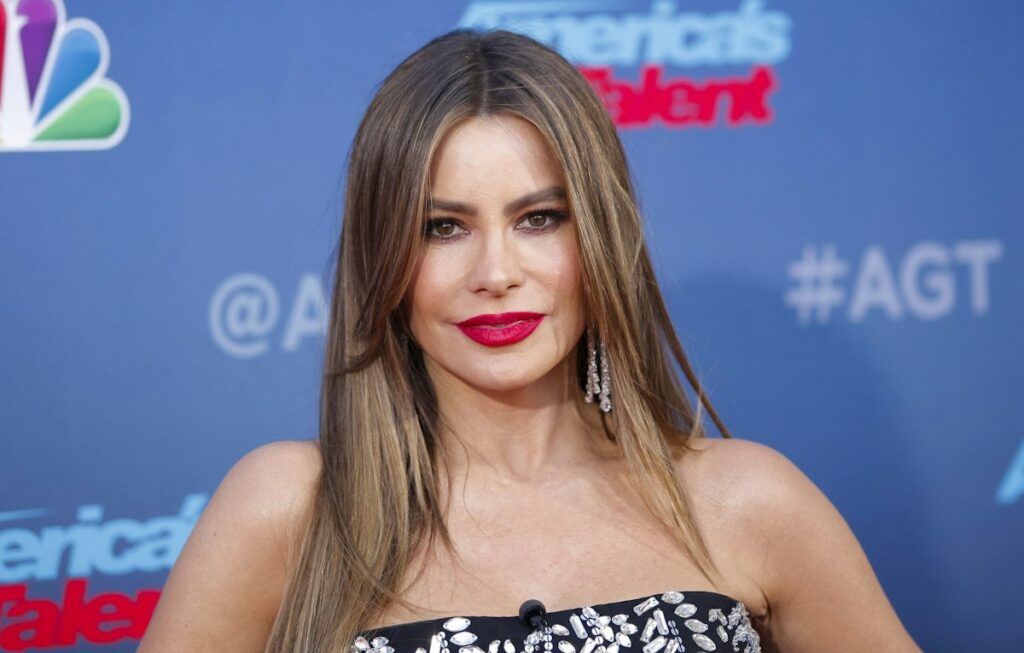In an unexpected turn of events, accomplished Hollywood actor Sofía Vergara discloses the concealed truth underlying her recent split with former partner, Joe Manganiello. “My husband wanted kids, and I didn’t,” divulged Vergara in a candid interview with Spanish newspaper El País. This surprising revelation comes following their divorce announcement in July under the banner of “irreconcilable differences,” sending shockwaves through Hollywood’s established order. In an age where the roles and expectations of women are constantly shifting, Vergara’s stance emphasizes a profound change in societal norms around fertility, individual autonomy, and the nature of relationships.
At the forefront of modern television as a vibrant “Modern Family” star, 51-year-old Vergara confesses her disinclination to become an “old mom” and her readiness to happily settle into grandmotherhood. Already a mother to a 32-year-old son, Manolo (fathered with ex-spouse Joe Gonzalez), she firmly announces: “I’m ready to be a grandmother, not a mother. So, if love comes along, he has to come with [his own] children.” Contrary to the childless Manganiello, Vergara facing menopause treads the path of the “natural way of things.”
This divorce revelation spun into fresh romantic entanglements; both the Hollywood magnates have been allegedly associated with new possible suitors. News regularly crammed full of top celebrity coupes serves only to underscore the perennial struggle between individual ambitions and relationship commitments, reminding us all that even Hollywood’s glitz and glamour can’t evade the genuine human drama that plays out on the grand stage of life.
Vergara’s embroilment in a drawn-out legal battle with an ex-fiancé over embryo custody has frequently pervaded headlines. The formidable situation with Nick Loeb demands they reach an agreement over IVF-created embryos, a topic regularly skewered by controversy and moral quandaries. Vergara’s firm resolution of refraining the embryos from birth counters Loeb’s stance; he asserts the embryos are human lives meriting preservation.
Loeb recounts: “Throughout the course of our relationship, I expressed these views to Sofia, who similarly expressed to me that she was a devout Catholic and therefore also believed that life begins at conception. She told me that she regarded embryos as ‘lives’”. Such personal contentions regarding life and parenthood toll heavily on celebrity lives, reminding us all of the universal resonance of these issues.
In conclusion, Sofía Vergara’s bravery in publicly confronting her personal and ethical dilemmas demonstrates the profound humanity beneath a Hollywood façade. Her relatable aspiration for autonomy and the commitment to her beliefs, even in the face of relationship breakdowns or societal pressure, emboldens others who grapple with similar decisions. The unfolding of Vergara’s story proves that even in the sparkling universe of Hollywood, individuality and authenticity drive decisions like stepping away from motherhood or eschewing societal norms. What lies ahead for Sofía Vergara remains unseen, but guaranteed, she will continue to take her life in her hands, underlining a potent message that women everywhere should feel empowered to do the same.



